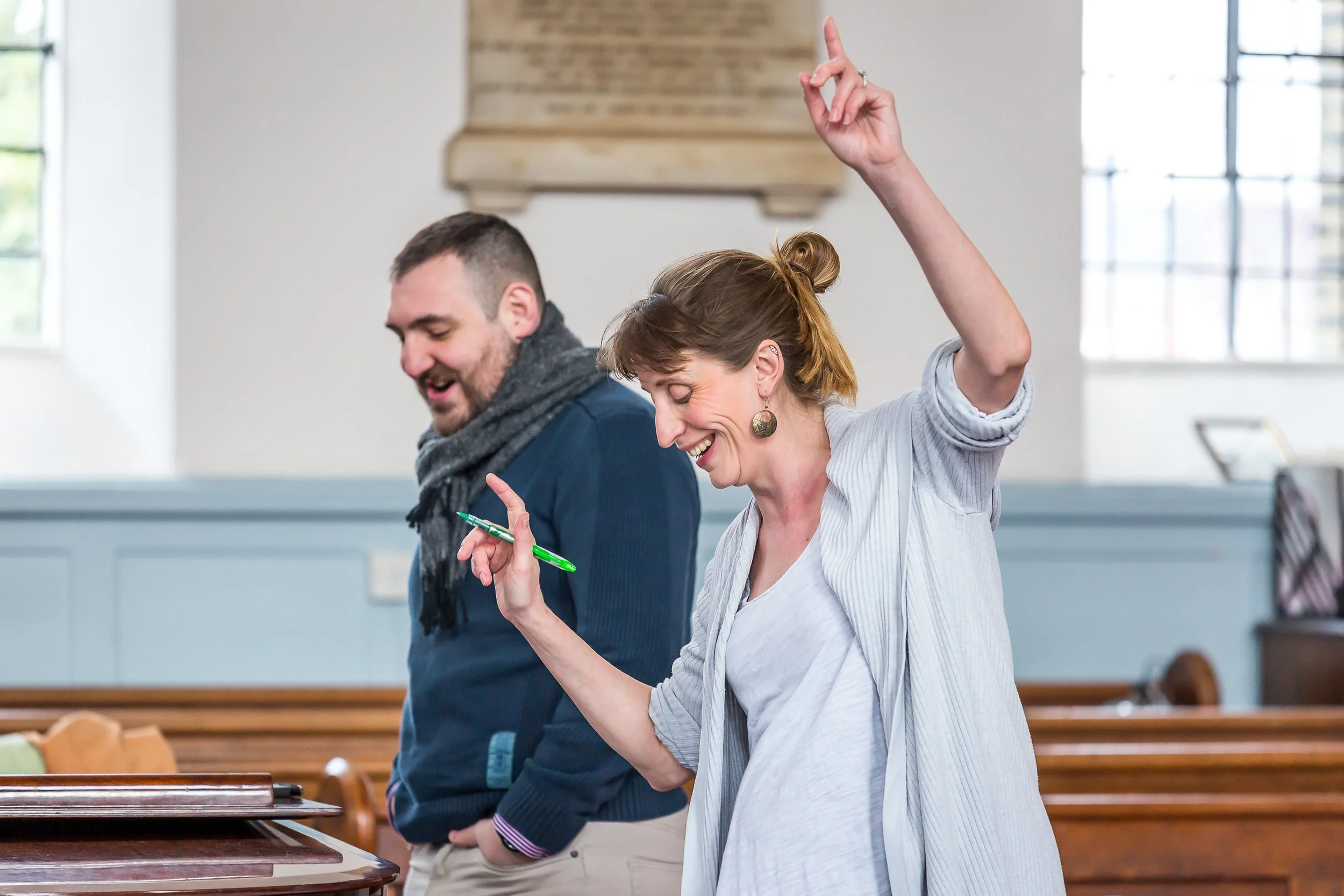What's a masterclass... and more importantly... What's the point?
Masterclasses have really become a 'thing' of late. Three or four emerging artists work on their repertoire with a big-star singer/instrumentalist/pianist/conductor in front of a live audience. The audience gain a sneak preview into the mechanics of the musician's life, a little bit of voyeuristic nosiness, while opera companies can make a little money from these relatively cheap to produce events and emerging artists can sup up some wisdom. Everyone's a winner...right?
Yes. On balance, I would say the masterclass is a good addition to the classical music repertory of concert, recital, and show. However, a good masterclass depends on some magic ingredients.
1). The leader - There are some big names that draw a crowd who are excellent masterclass givers. There are some who are not. A great masterclass leader needs to tread the fine line between entertaining an audience but supporting and not embarrassing a singer. This requires humour, genuine passion, and the ability to instantly create a sense of warmth and rapport with people. It is also important that a masterclass leader is sensitive to the technical journey each singer is on. The relationship between emerging artists and their teachers is a sacred bond that it's vital a masterclass leader doesn't fiddle with. Suggesting technical ideas for a singer to try with their teacher is great but undermining the foundations a singer is building their performance on can be very dangerous. The final minefield for a masterclass leader is 'ego'. While a stream of personal stories, accolades and adventures might wow the audience, eventually it becomes very tiring. Great masterclass leaders can drop in the odd personal memory, but always remembering that the emerging artists are the most important people in the room.
2). The performers - Masterclasses as not for the faint of heart. It is always best to hear musicians who are already relatively advanced on their vocal/instrumental journeys and have enough confidence to not be shaken and upset by the masterclass leader's comments or suggestions. They need to be able to play with the ideas put forward by the masterclass leader and be open-minded enough to give different things a try. They also need to be honest and open about the effect of the work they are doing and give feedback. This is what makes a masterclass so intriguing - the growing rapport between a pedagogue and a student and the improvements that can be achieved, even in a short period of time.
3). The pianist - We often don't give accompanists/collaborative pianists much thought (unless they're destructively bad!). However, during a masterclass they can sometimes become the centre of attention. Good masterclass leaders are just as liable to make suggestions to the accompanist to help the performer as they are to make them to the performer themselves. Good masterclass accompanists need to be as open-minded and fleet of foot (or finger) as possible.
4). The venue - This is a controversial one, but I always feel that the best masterclass venues are intimate and not too formal or daunting. Masterclasses can be a wonder of new friendships, support and warmth, but the barrier of a huge stage, bright lights and formality can make them overwhelming and judgemental experiences. The best masterclasses I have been part of have been those where the performers feel a real connection with the audience, and the audience feel as though the fourth wall of the teacher’s studio has simply been torn down to reveal the process. It's often tricky to get this sense of intimacy in large or prestigious venues. I say this is controversial, because I know some masterclass leaders and performers who prefer the distance a large venue gives. The singer and masterclass leader can escape the audience a little more and create a learning bubble when the audience is in the dark. Yet, I still feel that it's more fun when everyone feels part of the journey.
5) The audience - Last, but by no means least, a responsive, attentive audience who want the emerging artists to achieve their best is a vital ingredient to a successful masterclass. In many ways, this is true of any performance. Performers tend to have a sixth sense when it comes to audience enjoyment, and the more engaged they feel an audience is, the better they perform. When an audience actively listens, sits forward in their seat, laughs, murmurs, and breathes in the right spots everything feels much better. It doesn't take much, just entering a venue wanting the performers to do well and appreciating it whenever they do.


